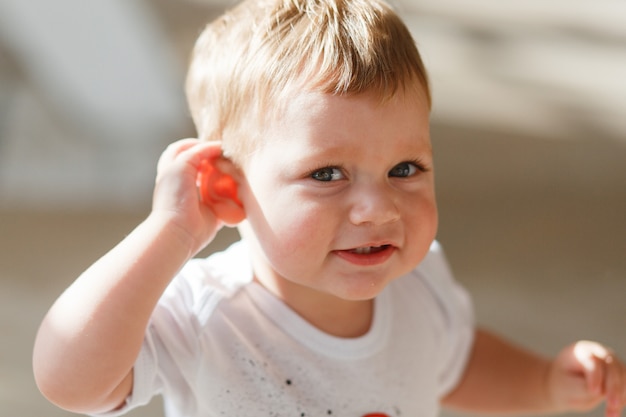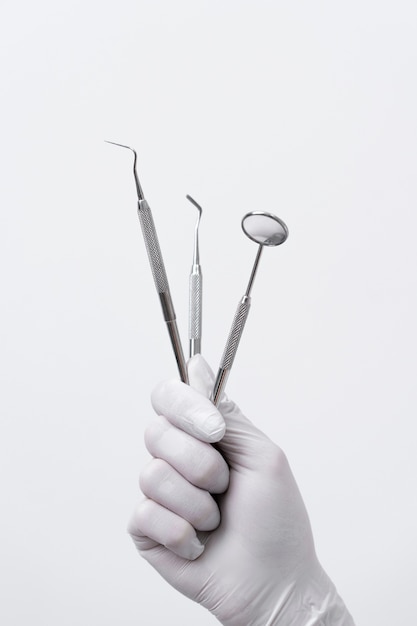

Newborn hearing tests have become a valuable tool for doctors to catch early signs of auditory issues, enabling quicker interventions. These simple tests accurately identify 90% of children with hearing loss, giving parents crucial information to support their child’s language development in the long run.
### Signs of Hearing Loss in Young Children
**Delayed Speech Development:** One major indicator of potential hearing problems is when toddlers show delayed or absent speech development. Parents need to be aware of crucial developmental milestones and consistently monitor their child’s progress to catch early signs of hearing issues.
### Milestones to Watch for Hearing Loss in Children
**3 to 6 Months:** By 3 months, your baby should recognize and respond to your voice by quieting down. This recognition should expand to speech sounds and familiar voices by 6 months. Your baby should also begin making cooing noises, laughing, and expressing pleasure or displeasure through sounds. Lack of reaction to loud noises or your voice could indicate hearing issues and should prompt a visit to the pediatrician.
**6 to 9 Months:** During this period, your baby should engage in speech-like “conversations” with caregivers, recognize simple words like their name, and create various sounds while chattering.
**9 to 10 Months:** Your baby’s babbling should start to include syllable strings that sound like actual words, even if they’re not fully formed yet.
**10 to 12 Months:** At this stage, your baby is likely approaching their first word. This milestone is not only a precious memory but also an important marker of normal speech development.
### Ongoing Monitoring for Hearing Loss
After your child turns one and has begun developing basic speech skills, identifying hearing disorders can become more challenging. Pay close attention to how they respond to sounds, their preferred audio and video volumes, and how they focus their attention. Often, signs of hearing loss are mistaken for inattentiveness.
Even if newborns pass their initial hearing tests, they can still develop hearing issues later, especially if there’s a genetic predisposition. Audiologist Dr. Barbara Jenkins advises parents to stay alert to early symptoms of hearing loss. Early detection through additional testing can lead to accurate diagnosis and effective treatment, ensuring the best outcome for the child’s auditory health.

